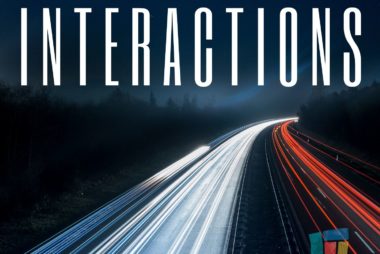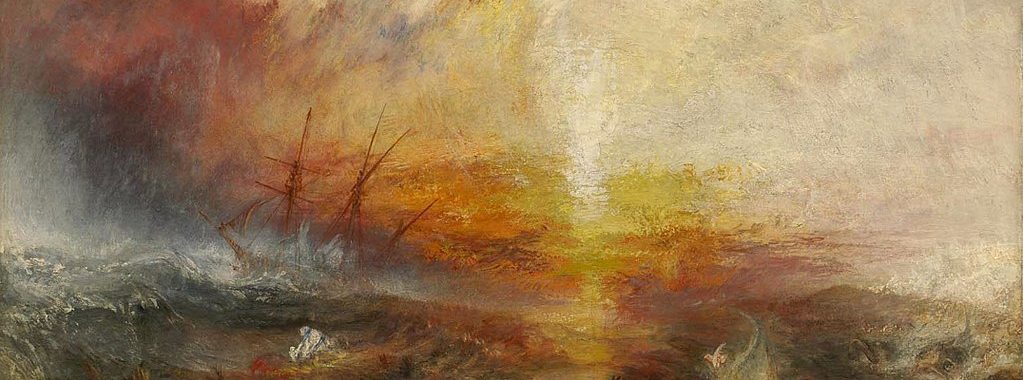“Gender Role Attitudes of Traditional Arab Women and Haredi Jewish Women in Israel: A Comparison” by Gilan Miller-Gertz & Nour Abu-Ghosh
“Blossoming of Magnolia Flowers in Spring Time” by Kaboompics.com on Pexels (CCO) In Israeli society, Haredim (ultra-Orthodox Jews) and traditional Arabs live within close proximity to one another. While these religiously, ethnically, and culturally differentiated groups do not typically interact with each other, women from both groups appear to share certain aspects of their lifestyles.…













